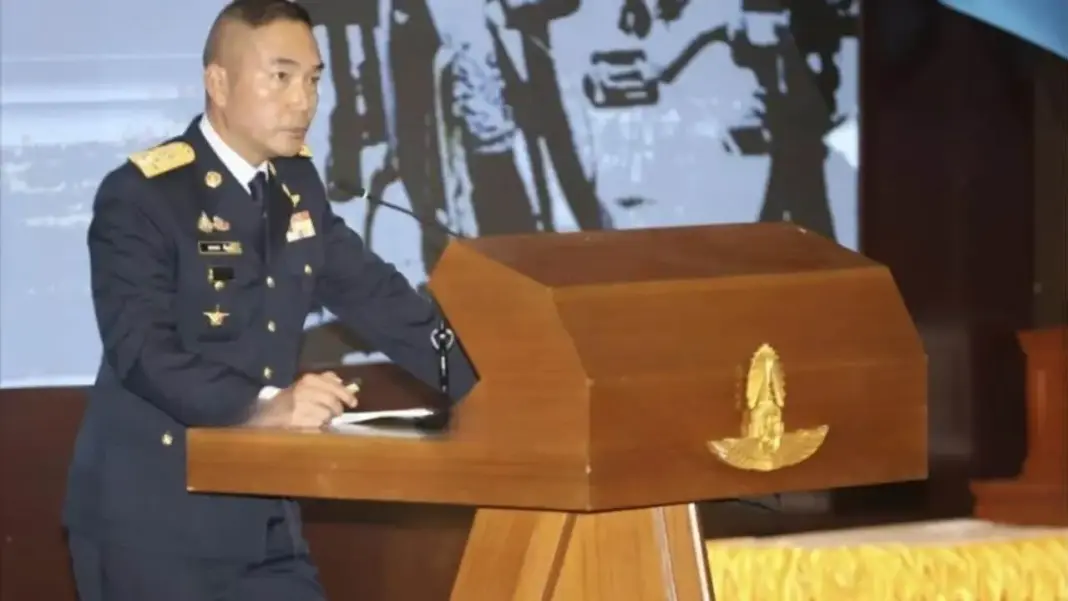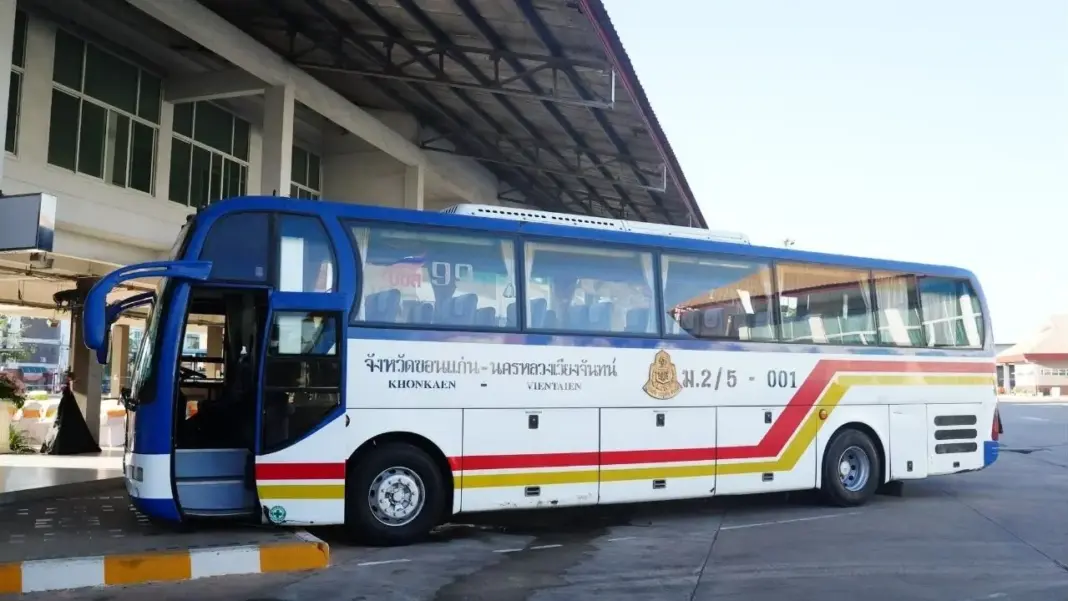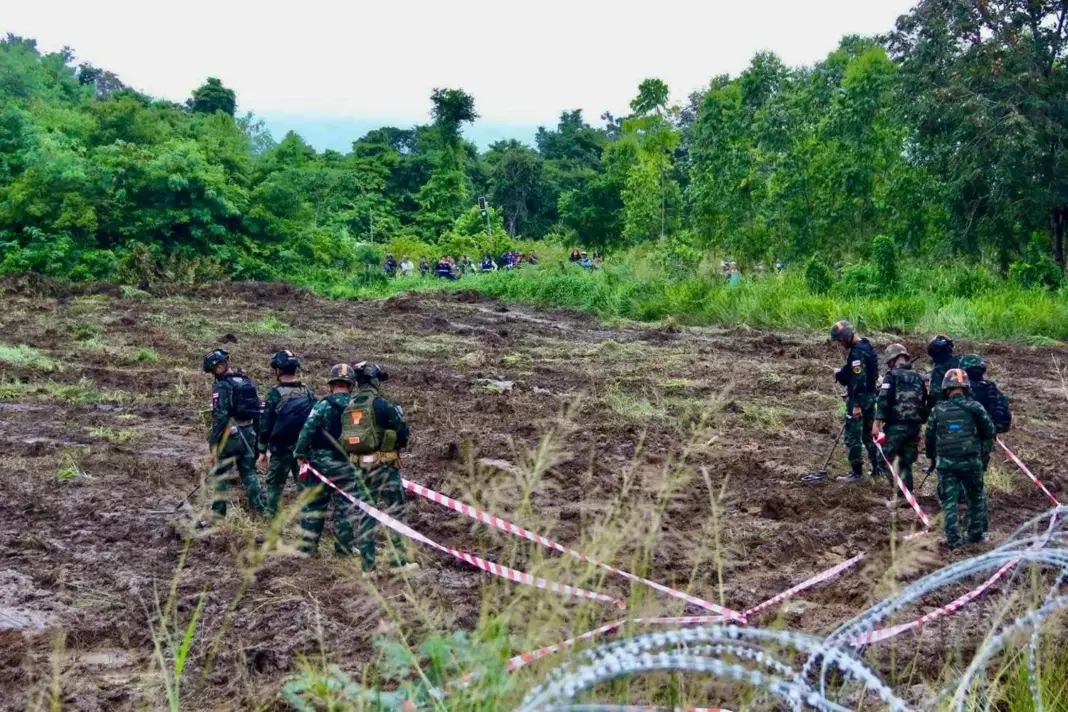BANGKOK, Thailand — The Royal Thai Air Force will begin training female fighter pilots and expand its use of unmanned aerial systems as part of a modernization strategy announced by Air Chief Marshal Sakesan Kantha. The plans were detailed during a speech at the Navaminda Kasatriyadhiraj Royal Thai Air Force Academy in Saraburi, reflecting a broader effort to enhance operational readiness and inclusivity amid rising border tensions with Cambodia.
Modernization Strategy and Gender Inclusion
Air Chief Marshal Sakesan outlined a forward-looking vision for the Royal Thai Air Force (RTAF), emphasizing professionalism, transparency, and innovation. He stated, “The air force must not only adapt to new technologies but also uphold the moral and ethical standards that define our service.” Among the key initiatives is the decision to open combat pilot roles to qualified women, marking a significant step toward gender equality within Thailand’s military aviation sector.
The RTAF is expected to begin training its first female fighter pilots in the near future. This move aligns with global trends toward greater gender inclusion in defense forces and is seen as a milestone for the Thai military.

Enhanced Drone Capabilities and Strategic Review
Alongside gender inclusion, the RTAF is intensifying its focus on unmanned aerial systems (UAS). Updated mission deployment guidelines for drones have already been issued, reflecting the increasing relevance of unmanned technology in modern warfare. However, Sakesan cautioned against over-reliance on automation, noting, “Human pilots undergo over a decade of training to develop discernment, responsibility, and ethical judgment—qualities that machines cannot replicate.”
In response to recent incidents along the Thai-Cambodian border, the air force is conducting a strategic review of its existing white paper. Sakesan has ordered an immediate reassessment to incorporate lessons learned and recalibrate defense priorities, aiming to ensure that Thailand’s airspace remains secure and responsive to evolving threats.
Fleet Upgrades and Regional Implications
The modernization strategy also includes significant upgrades to the RTAF’s fleet. The recent acquisition of the Airbus A330 Multi Role Tanker Transport Plus (MRTT+), based on the A330neo platform, is expected to enhance the air force’s capabilities in aerial refueling, strategic transport, and medical evacuation.
Experts note that these developments position the Royal Thai Air Force to better address both traditional and emerging security challenges in the region. Sakesan’s leadership underscores a commitment to cultivating a new generation of personnel capable of operating in both air and space domains, in line with international standards.
The RTAF’s modernization efforts are being closely watched by regional observers, as Thailand seeks to balance technological advancement with ethical and professional standards in its military operations.


